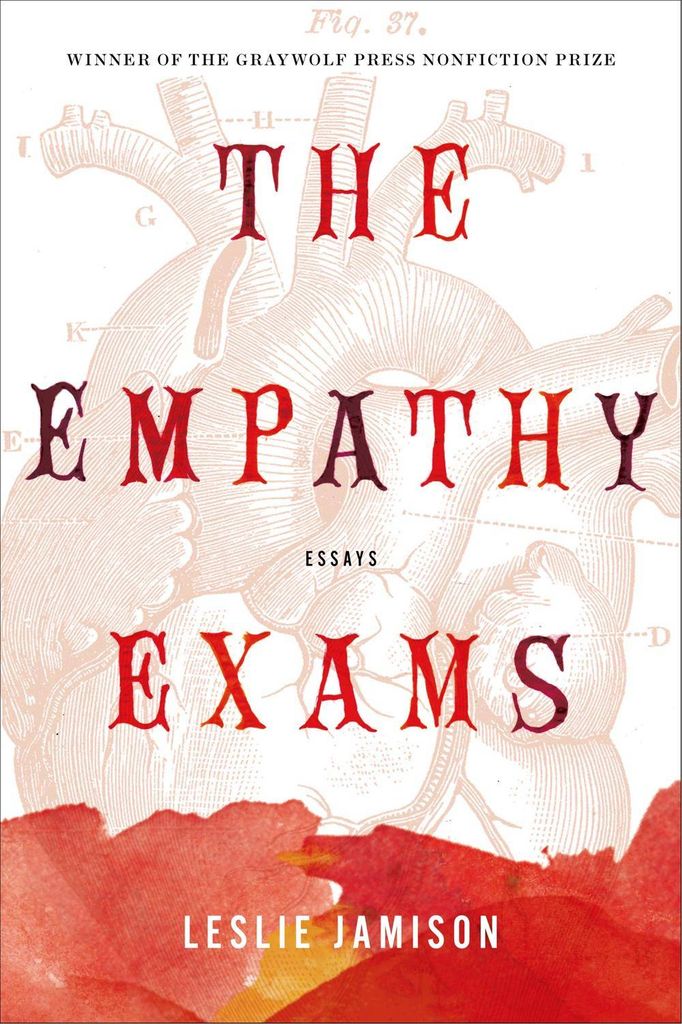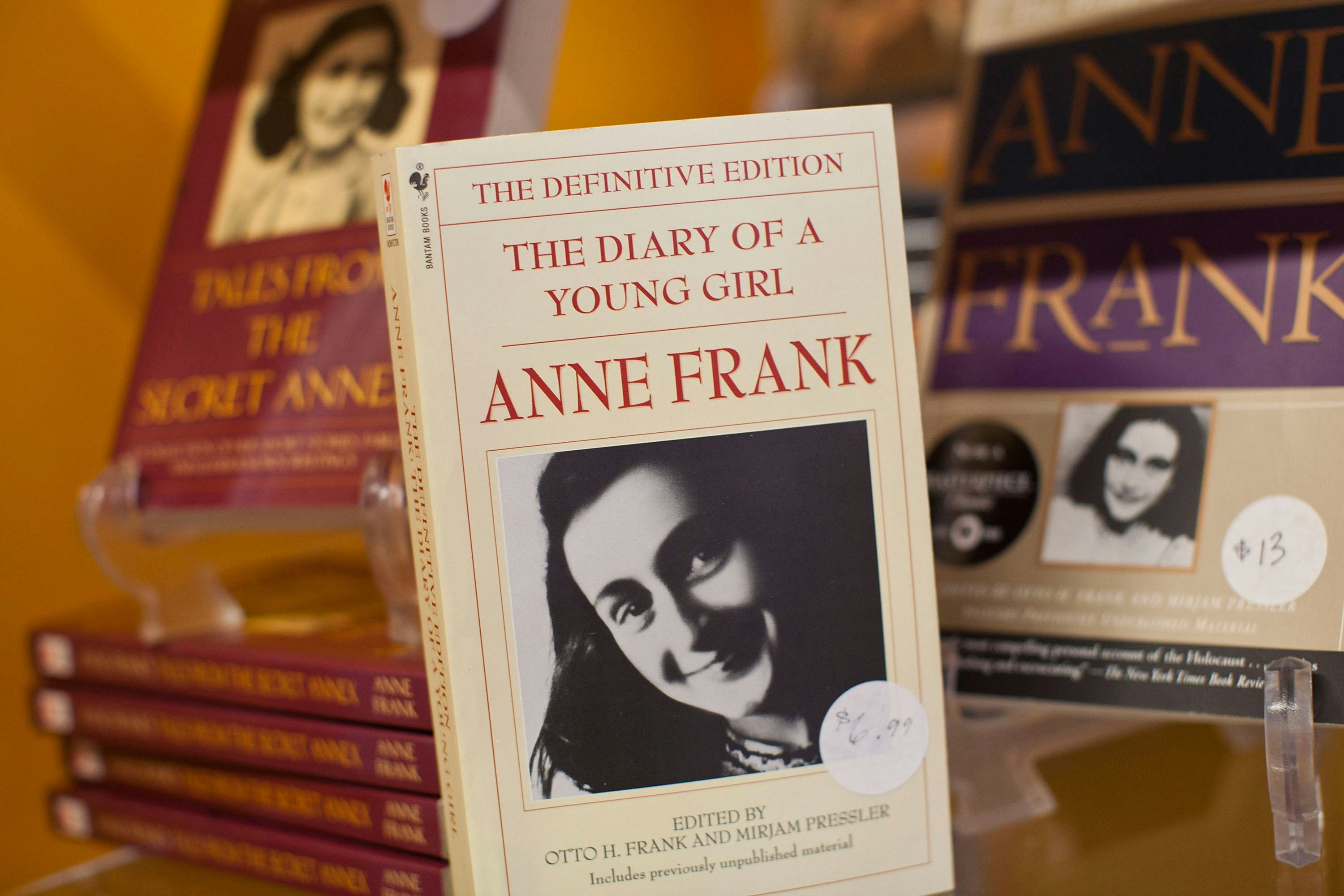

When I read each of these deeply personal books, I didn't feel as if it was the product of a self that didn't know anything beyond itself – I felt as if it was the product of a self that somehow, miraculously, knew me as well, or at least knew about things that included me. I've felt this as a reader as well, encountering confessional narratives whose revelations felt more like forking paths than private cloisters: Eula Biss's Notes from No Man's Land shares private moments of bodily experience – collisions, exhaustion, sensory wonder – in a way that feels deeply committed to exploring what it means to be part of a collective public body, fraught with issues of race and class and guilt and Rebecca Solnit's The Faraway Nearby places a deeply personal narrative – reckoning with her mother's dementia, with the longer arc of their tumultuous relationship – inside a broader constellation of stories, Inuit myths, scientific inquiries, tales of heroes, and monsters and ice. This kind of confession inevitably creates dialogue. If the definition of solipsism is "a theory holding that the self can know nothing but its own modifications and that the self is the only existent thing", then little pushes back against solipsism more forcefully than confession gone public. There are many ways to confess and many ways confession can reach beyond itself.


My writing was like a grown up child suddenly taking up residence in all sorts of strange places and sending back photos. I loved seeing the way my words travelled beyond the pages and became about so much more than what I'd lived, or what I'd felt. I heard from a preacher who'd used it in his Good Friday sermon. I heard from doctors who'd given the book to their medical students medical students who'd given it to their professors. They coaxed chorus like a brushfire.Īfter my book came out, I found myself becoming an unwitting confessor to countless strangers: I heard from a woman with chronic headaches, a man struggling with the aftermath of being circumcised at 18, a woman dealing with the death of her pet chicken, a high-school senior trying to process her best friend's eating disorder, a homeless substitute teacher in Minneapolis, a neurologist trying to stay on the career track after multiple medical leaves of absence. Who wants to hear another 30-year-old going on and on about her damage? But when I published a collection of "confessional" essays this spring, The Empathy Exams, full of personal material (an abortion, heart surgery, getting punched in the face by a stranger) – I started to feel like confession could be the opposite of solipsism. People call it self-absorbed, solipsistic, self-indulgent.

C onfessional writing often gets a bad rap.


 0 kommentar(er)
0 kommentar(er)
